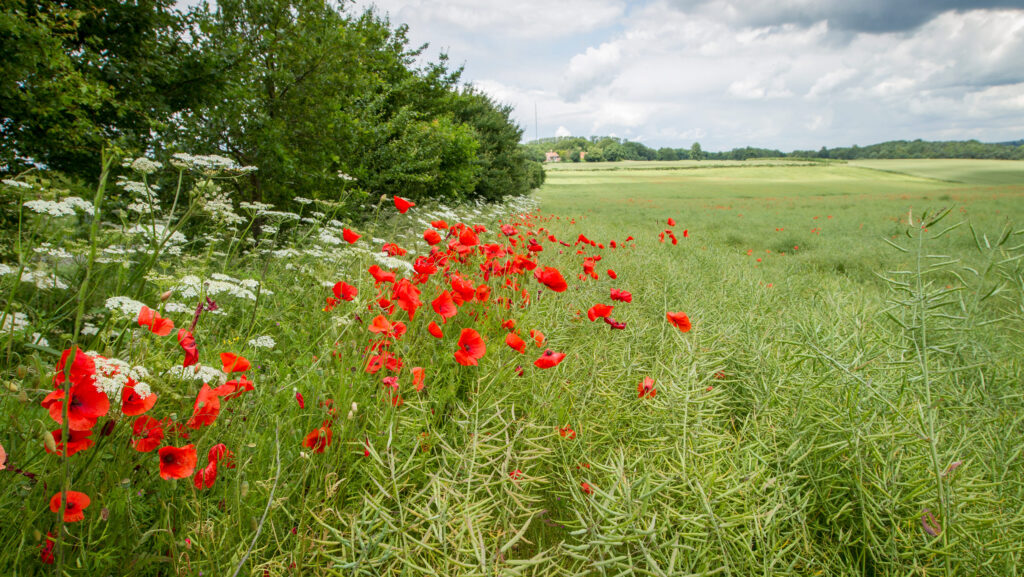FW Opinion: New SFI has much to recommend it, but…
 © GNP
© GNP Defra is often criticised for being behind the curve, so it is nice to be able to give it credit for supplying details of the 2024 Sustainable Farming Incentive (SFI) for farmers in England slightly ahead of schedule.
It had been expected that such information would not be forthcoming until next month, either at Cereals or Groundswell.
So this week’s announcement of the impending rollout in early June is welcome.
See also: New, streamlined SFI 2024 scheme set for early June rollout
It’s a vast improvement on last year, when IT issues at the Rural Payments Agency meant the scheme itself did not open until mid-September.
That was way too late for many farmers who, faced with cashflow pressures following a difficult harvest, had already made their cropping decisions for the year ahead.
Thankfully, this year is different. Having had some of the initial scheme details as far back as January, farmers are now in a much better position to plan their strategies.
As well as allowing farmers to register their interest now, the new-look scheme offers more choice, greater flexibility and is simpler to use.
The merging of Mid Tier Countryside Stewardship with the SFI means there is now a single scheme with a single name and a single application and payment process.
Cutting the duration of most of these actions from five years to three will improve their availability to tenants.
And having an area cap on certain “non-food” producing actions, such as unharvested cereal headlands, will offer some protection to food security.
The SFI is also now open to new entrants, and the processing of applications is much faster.
Of course, there are lingering concerns, not least that the new scheme will fail to fully compensate for Basic Payment Scheme cuts – especially with a big chunk of that money going to other schemes that many farmers may not be able to access.
Larger farmers are also likely to benefit the most, while tenants face the prospect of landlords seeking to take land back in hand.
Questions also remain about what the Defra budget might look like after the general election.
But perhaps the greatest concern is the extent to which England has gone it alone.
Last week, the Welsh government announced another one-year delay to the start of its transition to the Sustainable Farming Scheme.
Meanwhile, both Scotland and Northern Ireland are planning on continuing with some form of direct payments to farmers in the years ahead, as well as production-linked support in their livestock sectors.
Successive Defra ministers have been remarkably relaxed about the potential this might have for market distortions.
But the reality is that, in the single market that is the UK, such variations in farm support will have a direct impact on regional competitiveness. It may not take long for that to become very apparent.

